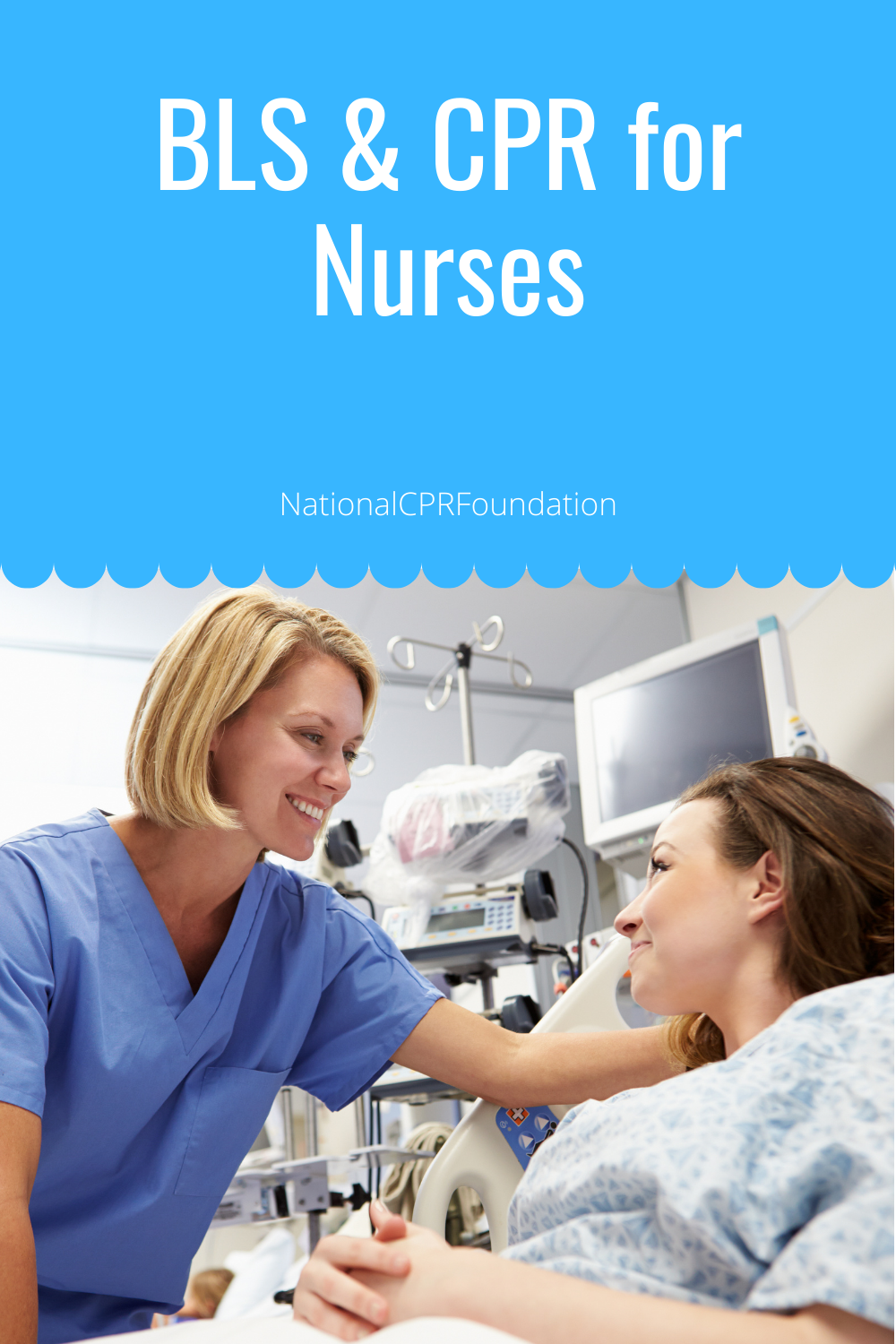Aspiring nurses hoping to take on entry-level jobs are expected to some kind of accredited healthcare course such as cardiopulmonary resuscitation (CPR) training or Basic Life Support (BLS) training.
Healthcare provider BLS
The first step to securing most types of entry-level nursing jobs is to undertake BLS training. Courses on BLS for nurses are widely available and will provide you with the skills needed to adequately treat someone experiencing a medical emergency. Do not worry if you have not had previous medical training – these kinds of courses are specially designed for everyday members of the public to understand.
Even if you are looking to go beyond an entry-level position, BLS training is still fundamental. This is because virtually all nursing programs ask for proof of BLS certification. Alternatively, they may allow students onto a program provided they promise to complete BLS training before the practical clinical elements of training begin.
Many aspiring nurses take on entry-level positions both before and whilst in nursing school in order to experience life and work in a real medical setting. In this way, it is common for those in nursing school to hold BLS certification very early on in their career.
Healthcare provider CPR
CPR certification for nurses is necessary in cases where their position does not require BLS training. This usually covers roles in healthcare settings such as nursing homes that are not explicitly medical centers. Minimum qualifications for these roles could include the completion of a basic nursing course or a commitment to completing a program sponsored by the facility in question.
CPR training is not as advanced as BLS training. It teaches participants how to keep a person’s airway open and keep their blood circulating during an emergency medical event. A BLS course teaches students extra techniques such as advanced airway management and how to use a bag valve mask.
Why you should consider opting for BLS training
Are you a budding nursing professional? A BLS certificate could help you stand out from the crowd. Although CPR certification may be enough to meet the minimum requirements of a job description, BLS certification could help demonstrate to employers that you are willing to go above and beyond to help others in need. Indeed, it will show that you are a reliable pair of hands and could help you to appear better qualified than others competing for the same positions.
As any successful nursing student will be able to tell you, the most successful students are those willing to put in the work necessary to go the extra mile for patients. In fact, some healthcare facilities may allow certified students who are nursing assistants to begin employment before completing their course if they have completed enough in-classroom study.
Nursing applicants who are BLS certified may also find that they have a competitive advantage when the time comes to renew certain entry-level career certifications. The typical renewal deadline for CNAs is every two years.
Examples of professions that require this kind of certification include certified medical assistants (CMAs), certified nursing assistants (CNAs), and assistants working in a variety of care settings. More advanced positions tend to require higher-level qualifications obtained from specialized nursing schools.
As the nursing sector experiences a growing problem with shortages of skilled workers, the demand for entry-level nursing positions is booming. As such, it is important that those looking to take on nursing work are aware of the kind of accreditation needed to secure this kind of employment.
Finding a suitable BLS program
People hoping to enter the nursing profession may find themselves confused at the sheer number of BLS courses available online and offline. If you are considering taking one, it is a good idea to consider the following factors beforehand:
1. Does it fit in with your schedule?
It is important to ensure that you find a course that fits in with your other work. If you tend to have busy working days, it may be a good idea to opt for an online course.
2. Consider taking classes on your mobile device
Many contemporary BLS programs include options for users to complete training on their mobile devices. This can be a very convenient and effective option for people whose lives are very active and include lots of traveling.
3. Ask any potential employers about financially-covered training options
It is in the best interests of companies that offer employees BLS training to keep their staff members certified. As such, they may have discount offers for employers of specific organizations such as hospitals.
4. Remember to complete the course!
Remember that BLS training takes time and effort. Once you have enrolled in a program, set yourself the task of sitting down at regular intervals and completing the training.
BLS and CPR certification for nurses
If you’re interested in getting into nursing, start thinking about starting a BLS or CPR course right away. It could give you the competitive advantage you need to make your career dreams come true.








